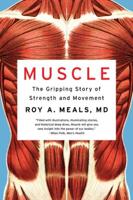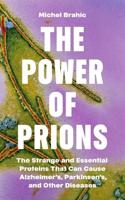Publisher's Synopsis
Recent advances in biology and immunology have opened up new horizons in both our understanding of cancer as a disease, and the potential for cancer therapy. These major developments mean that chemotherapy, radiotherapy and surgery are no longer the only options. Biotherapy, or biological therapy, is now regarded as the fourth treatment modality for patients with cancer. It utilises the great increase in our knowledge of molecular biology, cell biology and immunology to achieve tumour control. New biological agents are currently being used to treat cancer, such as monoclonal antibodies and vaccine therapies to stimulate the body's immune system to attack cancer cells. Biotherapy may be targeted to act specifically on cancer cells. Drugs such as monoclonal antibodies can be designed to recognize and find a particular type of cancer cell, attach itself to them, and destroy them. Naturally occuring biological molecules such as cytokines are also used, and the manipulation of normal biological mechanisms to control or inhibit tumour growth is another key feature of biotherapy. Edited by a team with perspectives in pharmacology, oncology and nursing, and with contributions from experts in the various areas of biotherapy, this book serves as an introduction to the subject. It includes the principles behind biological therapy, with discussion of the impact on the future of the fight against cancer. It has a strong clinical focus, describing the relevant biology and immunology while highlighting clinical relevance and treatment issues.









